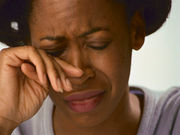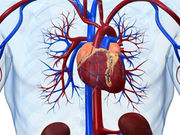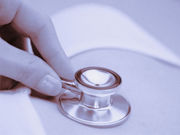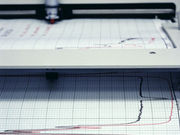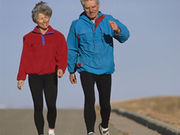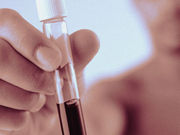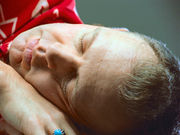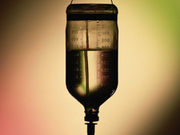Comorbid Stress, Depressive Symptoms Common in Diabetes
Increased risk of adverse cardiovascular outcomes with elevated stress and/or depressive symptoms
Novel Case of CT-Guided Percutaneous Revascularization
First case of successful revascularization of occluded vessel using wearable computer display
Risk of Second Event High for Young Women After MI, Stroke
Odds of another event and mortality are significantly increased, researchers say
Higher Resting Heart Rate Tied to Higher Risk of Mortality
But more research is needed before this can used as a marker, researcher says
Bursts of High-Intensity Interval Training Beneficial for Older Men
Sedentary men have improvement in peak power output after six-week HIIT intervention
Exercise Can Reduce Heart Failure Risk at Any Age
Even those who start moving later in life could see benefits
Maintenance of LDL, HbA1c Goals With Pharmacist-Led Program
LDL-C, HbA1c goals maintained after veterans with T2DM discharged from pharmacist-managed clinic
Social Jetlag Tied to Prediabetes, Cardiovascular Disease Risk
Misalignment of sleep timing associated with metabolic risk factors, even after adjustment
Most IV HTN Meds Ordered for Patients With SBP <180 mm Hg
Drugs administered in patients with uncontrolled BP for levels not linked to immediate CV risk
E-Portfolio Developed to Assess Millennial Med Students
Vanderbilt University School of Medicine has developed complex system to chart performance







